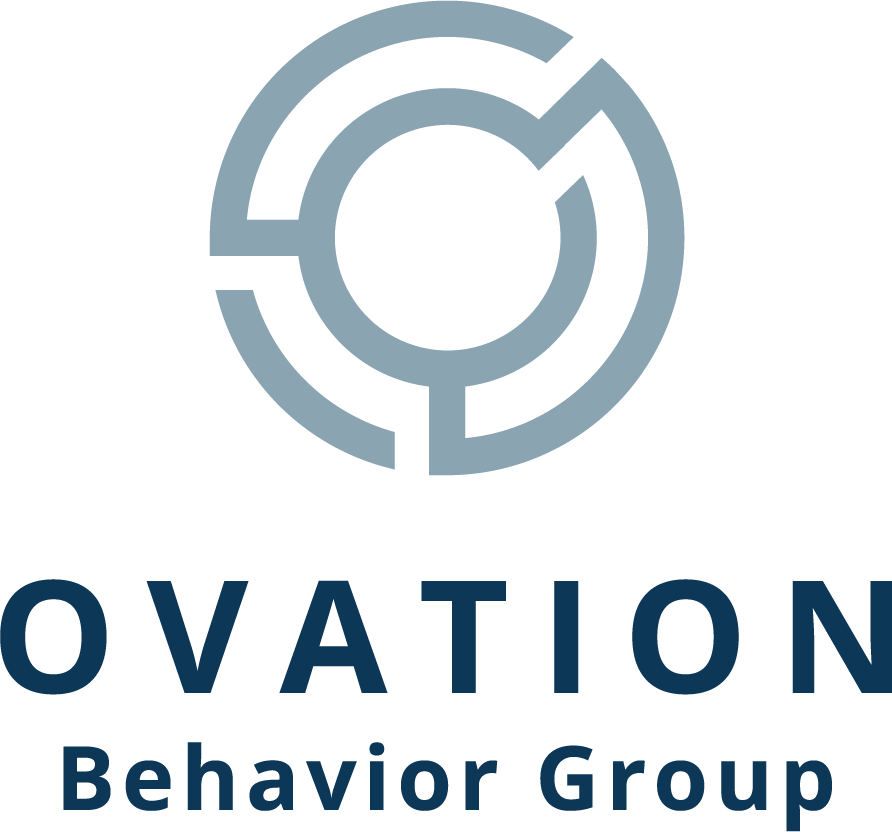Teaching Decision-Making Skills to Teens and Young Adults with Autism: Moving Beyond Basic Life Skills
A mom recently told me something that really stuck with me. She was talking about the therapists working with her 19-year-old son who has autism, and she said, "I don't need another person telling him what to do. What he really needs is someone who can help him figure out what HE wants and how to make it happen."
That comment captures something we're seeing more in ABA therapy—especially with teenagers and young adults with autism who are getting ready for independence. The big question isn't just "How do we teach them to do laundry?" It's "How do we help them become confident decision-makers who can steer their own ship?"
What Independence Really Looks Like
Here's something I've learned: being independent doesn't mean doing everything by yourself. It means having the skills and confidence to make your own choices—even when you need help carrying them out.
Think about your own life. You probably rely on friends for support, hire someone to fix your car, or ask family for advice. The key difference is that YOU get to choose who you rely on and when. That's exactly what we want for young adults with autism.
Why Choice-Making Changes Everything
Research shows when people get to make choices about their lives, they're more engaged, perform better, and have fewer challenging behaviors. All of us, regardless of whether we have autism or not, feel happier when we have some control over our daily lives. This is especially powerful for people with developmental differences.
I've seen this over and over. When a young adult with autism gets to choose their work schedule or decide how to spend their weekend, something clicks. They become invested because it reflects what THEY want, not what someone else thinks is best.
I remember a teenager who refused to practice any job skills until we discovered his dream job involved trains (his special interest). Suddenly he was motivated to learn interview skills and practice communication—all because we started with what mattered to him.
The "Life Coach" Approach to ABA
So what does it mean to work more like a life coach? Here are the key shifts:
Focus on Decision-Making, Not Just Skills We still teach important life skills like cooking and budgeting, but we emphasize teaching the skill of making decisions itself. This means helping young adults learn to figure out what they value, understand consequences, and practice making choices when stakes are low.
Start with "What Do You Want?" Instead of beginning with what we think someone should learn, we start with their interests and goals. I worked with a young man who had zero interest in cooking until we discovered his love for making elaborate cakes. Through baking, he learned knife skills, measurements, and gained kitchen confidence—because we started with his passion.
Look at Possibilities, Not Problems We shift from "What needs fixing?" to "What's possible?" We're not ignoring challenges—we're framing them as hurdles to jump over rather than permanent roadblocks.
How to Teach Choice-Making Skills
Understand What They Like Pay attention to what they do during free time, when they seem most excited, what topics they could discuss all day, and how they react to different environments.
Add Choices to Daily Routines Look for small opportunities: "Do you want to get dressed first or eat breakfast first?" These little choices build decision-making muscles while keeping helpful structure.
Teach the Process Step-by-Step
Identify the decision
Gather information about options
Think about consequences
Make the choice
Evaluate how it went
Let Them Make Safe "Mistakes" Allow young adults to make choices that don't work out perfectly when it's safe. The person who wears a light jacket on a cold day learns about weather and clothing through real experience
Independence Doesn't Mean Going It Alone
The life coach approach recognizes that independence doesn't mean never needing help. Many young adults with autism benefit from ongoing support—and that's completely okay! The goal is helping them actively participate in deciding what that support looks like.
This might mean choosing to live with roommates, work at a job with built-in supports, use ride-sharing instead of driving, or get meal delivery. None of these represent failure—they represent smart decision-making about living a good life.
The Benefits
Young adults who develop strong choice-making skills experience:
More motivation because they're working toward their own goals
Better self-advocacy skills
Less anxiety because they have more control
Stronger relationships through better communication
Greater resilience from practicing problem-solving
Getting Started Today
Start small. Look for opportunities to ask "What do you think?" instead of immediately giving direction. Create space for them to express preferences about small things. Remember that learning to make choices develops over time—a 16-year-old will make different choices than a 25-year-old, and that's exactly how it should be.
That mom who wanted a life coach instead of another therapist was onto something. She understood her son didn't need someone to run his life—he needed someone to help him learn to run it himself. That's the kind of support that leads to real independence and a meaningful life.
After all, everyone has the right to eat too many donuts and take a nap—including young adults with autism. Our job is helping them learn to make those choices thoughtfully and safely.
Ready to explore if in-home ABA therapy for your toddler is the right step for your family? Take a look at our services, schedule a call, or complete our intake form, today.
Ready to get started with Ovation? Fill out an intake form!
As a reminder, the suggestions outlined in this blog are not individual-specific. Always refer to your child’s health and behavior specialists before implementing any new programming.



